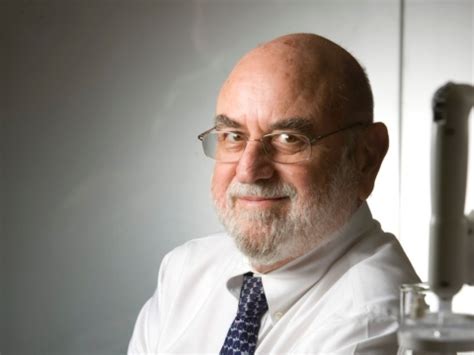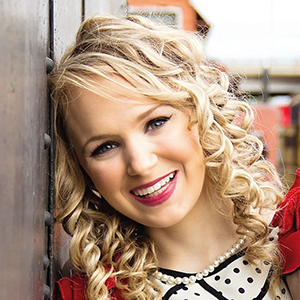In memoriam: Daniel Malamud
Daniel Malamud, an expert in salivary diagnostics and molecular pathobiology and a member of the American Society for Biochemistry and Molecular Biology for almost 40 years, died June 23, 2023, at the age of 84.

Born in Detroit on June 5, 1939, Malamud received his bachelor of science in biology from the University of Michigan, a master’s from Western Michigan University, and a Ph.D. from the University of Cincinnati. He trained as a postdoctoral fellow at the medical school at Temple University before beginning his career as an assistant professor at Temple. He went on to become the director of HIV/AIDS research program at the New York University College of Dentistry, and he taught and conducted research at other universities throughout his career.
Malamud's early research focused on the biochemistry of saliva. In a flash talk recorded at the 2013 SPIE Defense Security and Sensing Symposium, he detailed the history of salivary observations and discoveries. His account began centuries ago when Chinese courts used rice to determine whether a witness was truthful on the stand; a person who is lying will generally produce less saliva and thus have a hard time eating the rice, he said.
Examples of Malamud’s biochemical investigations of oral health can be found in a 1990 publication in the Journal of Biological Chemistry.
More recent work by Malamud’s group focused on inexpensive point-of-care testing using saliva to diagnose and treat HIV, tuberculosis, malaria and Zika in developing countries. Much like blood, saliva contains DNA and proteins. Certain proteins in saliva can be linked to infectious diseases, making them good candidates for developing diagnostic testing.
Because these molecules exist in smaller concentrations in saliva than in blood, biomolecules in saliva samples must be amplified, using tools such as polymerase chain reaction and enzyme-linked immunosorbent assays, to develop diagnostic tests. The signal from the saliva samples is then processed on small microfluidic chip devices for accurate, fast results. These devices not only help treat patients but also could be used for low-cost, preventative screening to help prevent future outbreaks.
These disease biomarkers led to Malamud’s research on other molecules that have antibacterial and wound healing properties. Inspired by animals and humans licking their wounds to promote healing, he developed an anti-HIV drug using a saliva-derived molecule. Through his research, he collaborated with more than 12 labs around the world on treatments for endemic and epidemic diseases.
Malamud received the Albert Nelson Marquis Lifetime Achievement Award in 2017 and was named a fellow of the American Association for the Advancement of Science in 2022. He retired in 2021, after 53 years of research and authoring well over 100 peer-reviewed papers.
He was preceded in death by his wife, Judith, to whom he was married for 61 years. He is survived by his two children, Randy and Lisa, and their spouses, as well as four grandchildren, and his siblings and their families. On his obituary page, friends remembered him as “kind, generous, sensitive, hard working, incredibly funny, and a great mentor and friend.”
Enjoy reading ASBMB Today?
Become a member to receive the print edition four times a year and the digital edition monthly.
Learn moreGet the latest from ASBMB Today
Enter your email address, and we’ll send you a weekly email with recent articles, interviews and more.
Latest in People
People highlights or most popular articles

Simcox wins SACNAS mentorship award
She was recognized for her sustained excellence in mentorship and was honored at SACNAS’ 2025 National Conference.

From humble beginnings to unlocking lysosomal secrets
Monther Abu–Remaileh will receive the ASBMB’s 2026 Walter A. Shaw Young Investigator Award in Lipid Research at the ASBMB Annual Meeting, March 7-10 in Washington, D.C.

Chemistry meets biology to thwart parasites
Margaret Phillips will receive the Alice and C. C. Wang Award in Molecular Parasitology at the ASBMB Annual Meeting, March 7-10 in Washington, D.C.

ASBMB announces 2026 JBC/Tabor awardees
The seven awardees are first authors of outstanding papers published in 2025 in the Journal of Biological Chemistry.

Decoding how bacteria flip host’s molecular switches
Kim Orth will receive the Earl and Thressa Stadtman Distinguished Scientists Award at the ASBMB Annual Meeting, March 7–10, just outside of Washington, D.C.

Thiam elected to EMBO
He was recognized during the EMBO Members’ Meeting in Heidelberg, Germany, in October.

